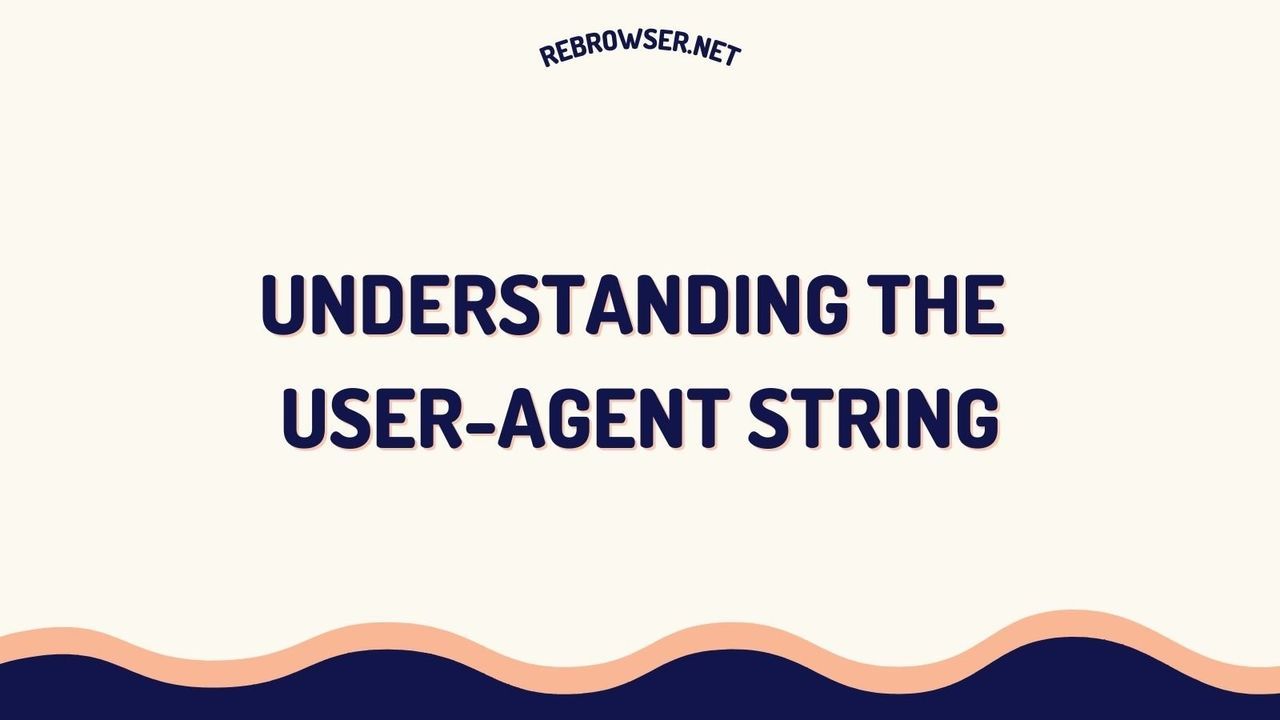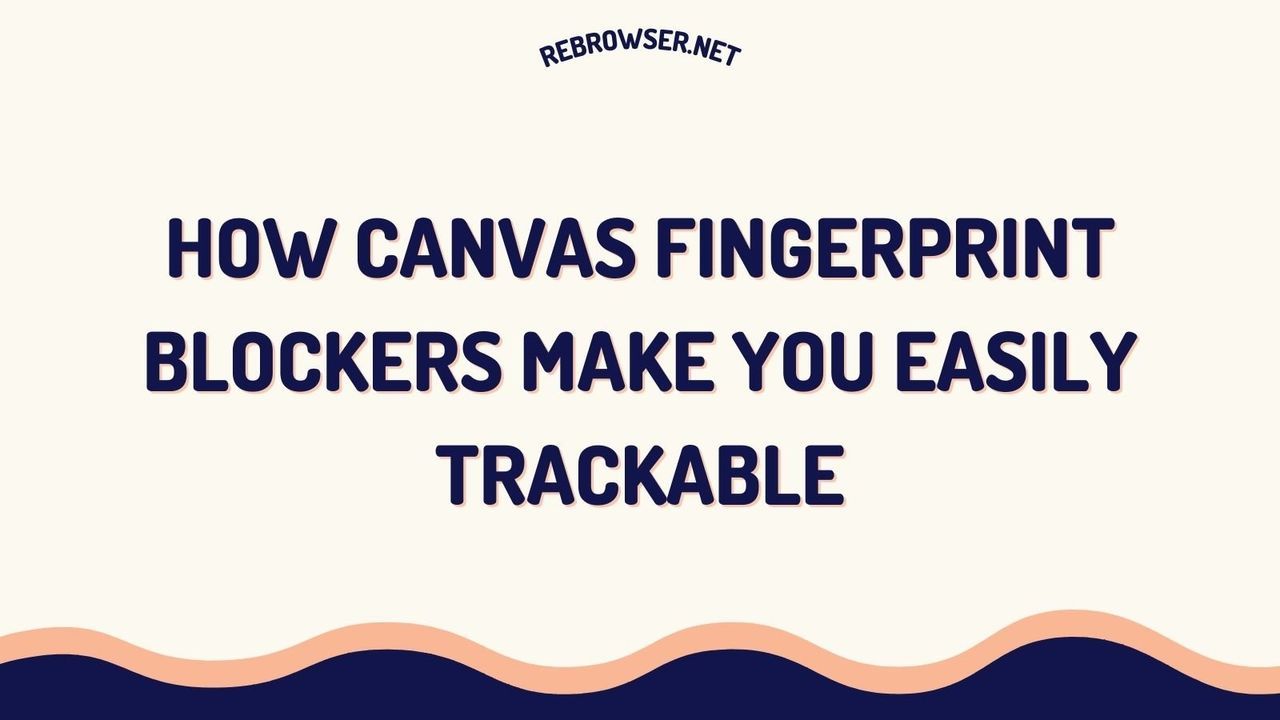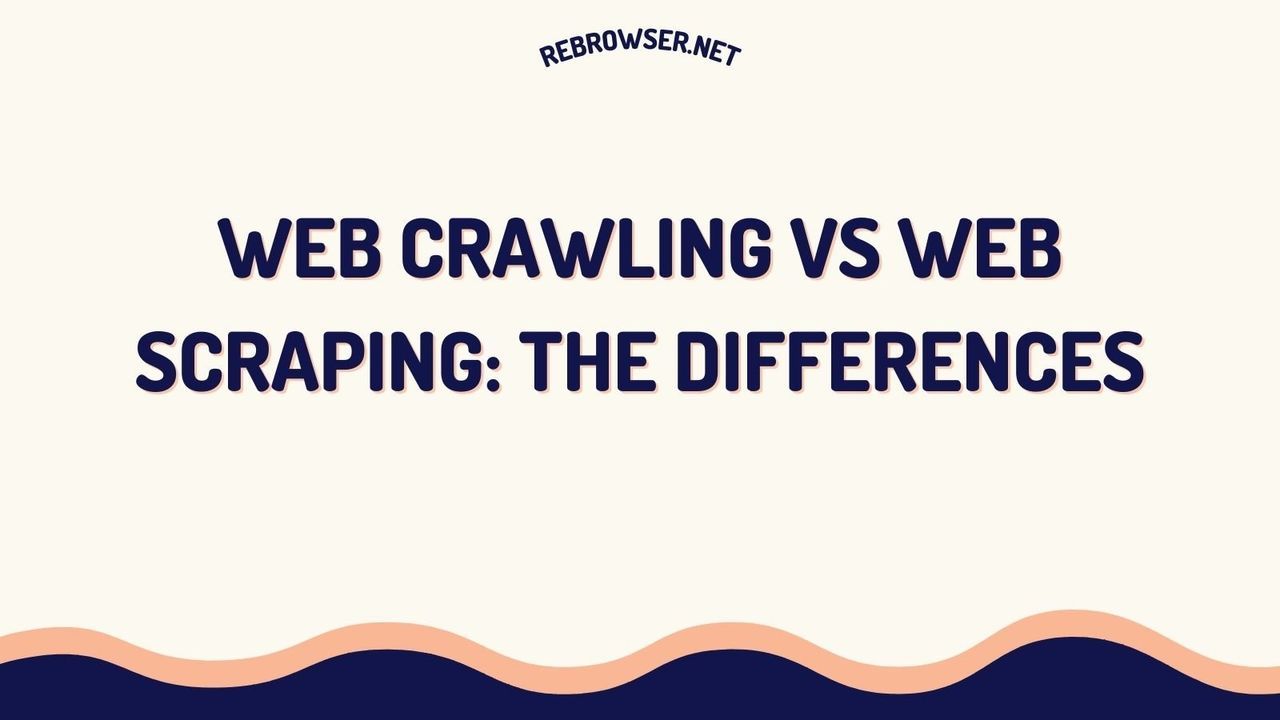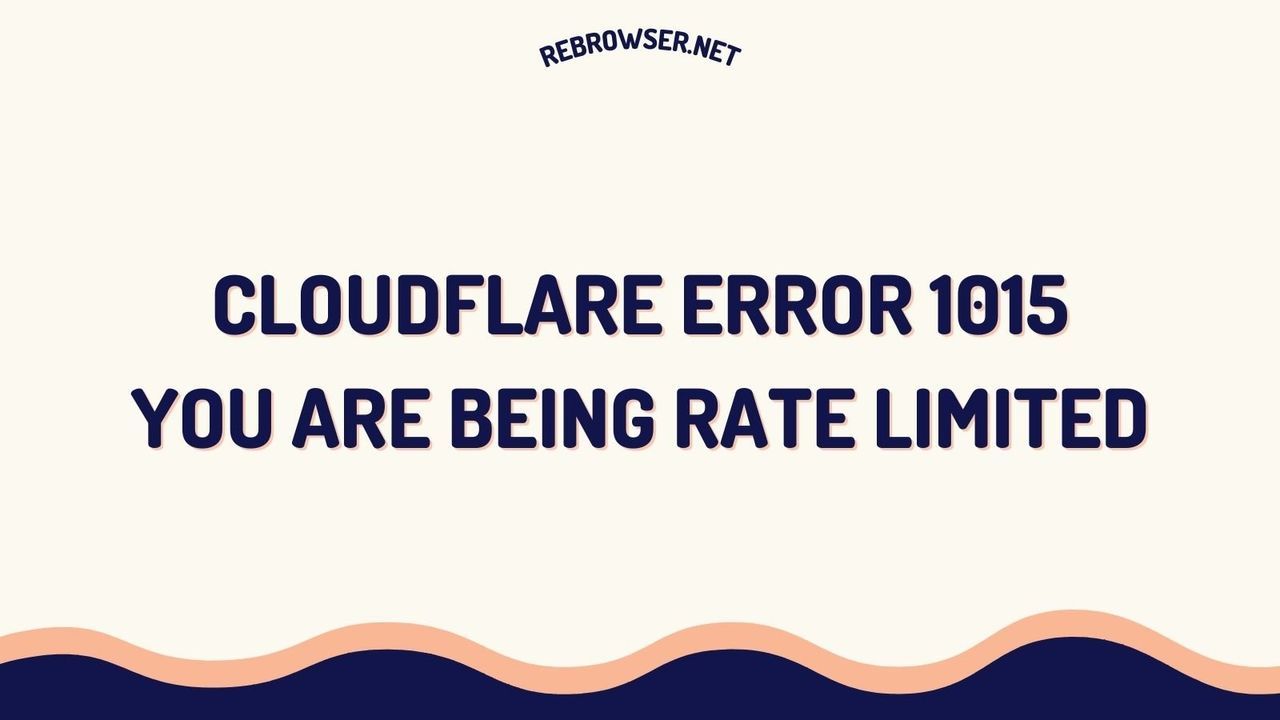What To Do When Your Facebook Ad Account Is Disabled
TLDR: Key Takeaways
- If your Facebook ad account is disabled, immediately review your ad content for potential policy violations and gather necessary information for an appeal.
- Submit a detailed, professional appeal to Facebook explaining why your account should be reactivated, including any supporting evidence.
- Prevent future account disabling by staying up-to-date with Facebook's ad policies, regularly monitoring ad performance, and implementing best practices in your advertising strategies.

Understanding Facebook Ad Account Disabling
For businesses relying on Facebook's powerful advertising platform, having your ad account disabled can be a significant setback. This comprehensive guide will walk you through the steps to take when faced with this situation, helping you understand the reasons behind account suspension and providing strategies to recover and prevent future issues.
Common Reasons for Ad Account Disabling
Facebook may disable your ad account for various reasons, all aimed at maintaining a safe and trustworthy advertising environment. Here are some of the most common causes:
- Policy violations: Repeatedly breaking Facebook's advertising policies or community standards
- Suspicious activity: Unusual login patterns or sudden changes in spending behavior
- Payment issues: Failure to pay for ads or problems with your payment method
- Low-quality ads: Consistently running ads that receive negative feedback or perform poorly
Understanding these reasons is crucial for both recovering your account and preventing future suspensions. Let's dive deeper into each of these factors:
1. Policy Violations
Facebook has strict guidelines governing ad content, targeting, and practices. Some common policy violations include:
- Promoting prohibited products or services (e.g., illegal drugs, weapons)
- Using misleading or false claims in ad copy
- Infringing on intellectual property rights
- Violating personal attributes policies in ad targeting
2. Suspicious Activity
Facebook's algorithms are designed to detect unusual patterns that may indicate fraudulent activity. This can include:
- Logging in from multiple, geographically diverse IP addresses
- Sudden, dramatic increases in ad spend
- Creating multiple ad accounts in a short period
3. Payment Issues
Maintaining a good payment history is crucial. Payment-related problems can arise from:
- Insufficient funds in your linked payment method
- Expired credit cards or declined transactions
- Chargebacks or disputes on ad payments
4. Low-Quality Ads
Facebook prioritizes user experience, which means low-performing or poorly received ads can lead to account issues:
- Ads with high negative feedback rates
- Consistently low relevance scores
- Ads that violate Facebook's quality standards (e.g., excessive text in ad images)

Immediate Steps When Your Ad Account is Disabled
If you find your Facebook ad account has been disabled, don't panic. Follow these steps to address the situation promptly:
1. Review Your Ad Content and Account Activity
Start by thoroughly examining your recent ad campaigns and account activity. Look for any potential policy violations or unusual patterns that might have triggered the suspension. Pay close attention to:
- Ad copy and creative elements
- Targeting settings
- Landing pages linked to your ads
- Recent changes in account access or spending patterns
2. Gather Necessary Information
Collect all relevant information that might be useful for your appeal, including:
- Screenshots of your ad campaigns
- Order IDs for recent transactions
- Explanations for any suspected policy violations
- Documentation proving the legitimacy of your business, if applicable
3. Check for Official Communications
Look for any messages from Facebook in your account notifications or email. These communications often provide specific reasons for the account suspension and may include instructions for appealing the decision.
Submitting an Appeal to Facebook
Once you've gathered all necessary information, it's time to submit an appeal to Facebook. Here's how to make your appeal as effective as possible:
How to Submit Your Appeal
- Go to Facebook's Business Help Center
- Click on "Appeal an Ad Account Disability"
- Fill out the form with your account details and explanation
- Attach any relevant supporting documents
- Submit your appeal and wait for Facebook's response
Crafting an Effective Appeal
To increase your chances of a successful appeal, consider the following tips:
- Be honest and transparent: Acknowledge any mistakes and explain how you plan to prevent them in the future
- Provide detailed information: Explain your situation clearly and include all relevant details
- Show your commitment to compliance: Emphasize your understanding of Facebook's policies and your dedication to following them
- Be professional and courteous: Maintain a respectful tone throughout your appeal
What to Do While Waiting for a Response
The appeal process can take several days to weeks. During this time:
- Monitor your email for any communications from Facebook
- Avoid creating new ad accounts or using alternative accounts to advertise
- Use this time to review and improve your advertising strategies
Preventing Future Ad Account Disabling
To maintain a healthy ad account and prevent future suspensions, implement these best practices:
Stay Updated with Facebook's Policies
Facebook regularly updates its advertising policies. Stay informed by:
- Regularly checking the Facebook Advertising Policies page
- Following official Facebook Business news channels
- Attending webinars or training sessions offered by Facebook
Implement Best Practices for Facebook Advertising
Improve your advertising strategy with these tips:
- Create high-quality, engaging ad content that resonates with your audience
- Use precise targeting to reach the most relevant users
- Monitor ad performance regularly and optimize based on results
- Maintain consistent spending patterns to avoid triggering suspicion
Regularly Audit Your Ad Account
Conduct regular audits of your ad account to ensure compliance:
- Review all active campaigns for policy adherence
- Check account access and remove any unnecessary users
- Verify that your payment information is up-to-date
- Monitor your account's overall health score provided by Facebook
Leveraging High-Quality Proxies for Facebook Advertising
While not directly related to account recovery, using high-quality proxies can be beneficial for managing multiple ad accounts or conducting market research. Here's how proxies can support your Facebook advertising efforts:
- Account management: Safely manage multiple ad accounts without triggering suspicious activity alerts
- Ad testing: Test ad visibility and targeting from different geographic locations
- Competitor research: Gather insights on competitor ads without revealing your identity
When using proxies for Facebook-related activities, it's crucial to use high-quality, reliable proxy services. Consider options like:
- Residential proxies for the most authentic user experience
- Mobile proxies for simulating mobile user behavior
- Datacenter proxies for high-speed, cost-effective solutions
Remember: Always use proxies responsibly and in compliance with Facebook's terms of service to avoid any potential issues with your ad account.

Conclusion: Navigating Facebook Ad Account Disabling
Dealing with a disabled Facebook ad account can be challenging, but with the right approach, it's often possible to recover your account and prevent future issues. By understanding the common reasons for account suspension, following the proper appeal process, and implementing best practices in your advertising strategy, you can maintain a healthy and productive Facebook ad account.
Remember, the key to success on Facebook's advertising platform lies in staying informed, being proactive, and always prioritizing compliance with Facebook's policies. By doing so, you'll not only reduce the risk of account suspension but also improve the overall performance of your advertising campaigns.
If you're struggling with persistent account issues or looking to optimize your Facebook advertising strategy, consider seeking help from experienced digital marketing professionals or Facebook advertising specialists. Their expertise can provide valuable insights and help you navigate the complexities of the platform more effectively.
Frequently Asked Questions
How quickly should I respond when my Facebook ad account is disabled?
Respond immediately. Review your ad content for policy violations, gather necessary information, and submit an appeal as soon as possible. Quick action can improve your chances of account recovery.
Can I advertise on Facebook while my account is under review?
No, you cannot advertise while your account is disabled. Avoid creating new accounts or using alternative methods to advertise during this time. Focus on preparing a thorough appeal instead.
What information should I include in my appeal to Facebook?
Include a clear explanation of the situation, any relevant order IDs or ad details, and documentation proving your compliance with Facebook's policies. Be honest about any mistakes and explain how you plan to prevent them in the future.
How can I prevent my ad account from being disabled in the future?
Stay updated with Facebook's advertising policies and implement best practices in your campaigns. Regularly audit your account for compliance, maintain consistent spending patterns, and use high-quality ad content. Consider using tools like policy compliance checkers to help maintain account health.
Is it safe to use proxies for Facebook advertising?
Use proxies cautiously and only from reputable providers. While they can be useful for managing multiple accounts or conducting market research, misuse can lead to account suspensions. Always comply with Facebook's terms of service when using proxies.





